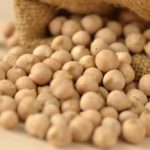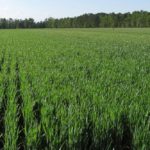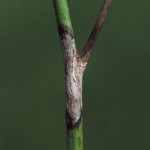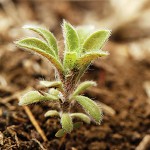CNS Canada — A new United Nations report suggests just how climate change will reshape agriculture by 2050 — and that Canada’s production capacity stands to benefit. International trade will play an ever-larger role in helping to feed people in food-deficient regions, as warmer temperatures and less precipitation will damage yields in many tropical areas,














